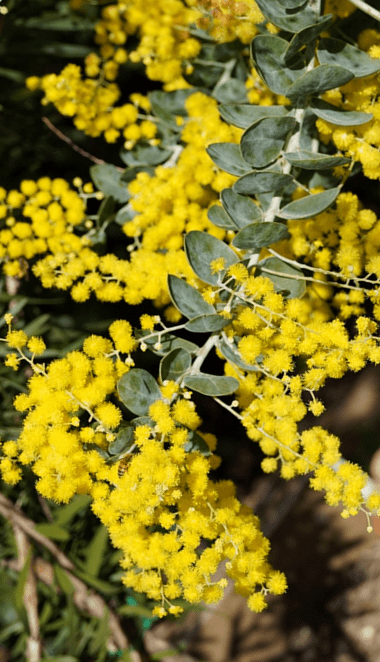While we might all call our fathers “dad”, that certainly doesn’t make them all the same or mean there is only one kind of “dad”. Dads are just like other, regular people and can go about the art of dadding very differently. Let’s start with a nice little title I like to read at Pram Jams around now, which illustrates this perfectly:
Some Dads / Nick Bland.
Some dads are very careful and some dads misbehave.
“Some dads like strolling and some dads, rock’n’rolling!”
Each dad has his own way of being a dad and they are all delightful!
There is such a spectacular variety of dads out there but I’m sure there’s one thing we all agree on.
Ours is a …
Yes, our superhero dads are quite amazing! They certainly have all sorts of fantastic and obscure talents but there is one dad “superpower” that is more like a sub-power. It can induce hospitalisable levels of cringe; lead children to claim they were adopted; reverse the flow of rivers, and is an unconfirmed cause of global warming. It is the kryptonite of good taste, known colloquially as the dreaded “dad joke”. If you are made of sterner stuff than me, and are wearing asbestos underpants, why not try a few yourself …
The very embarrassing book of Dad jokes / Ian Allen.
Proving the age-old maxim that ‘it’s in the way that you tell them’, Dads – for the best part of forever – have always been renowned for being truly god-awful joke tellers.
The very embarrassing book of Dad jokes is full to the rafters with dreadful jokes that only your dear old Dad would dare say.
And despite the fact you didn’t ask for it, like any good dad joke, you’re going to get some anyway!
“How did the baker get an electric shock?
He stood on a bun and a currant went up his leg.
What relation is a doormat to a doorstep?
A step farther.”
Hahaha! What? Ow! Who threw that tomato! Okay, okay. I get the message, no more dad jokes. Fine, just this one:
“Boy: Dad, why is your face so wrinkly?
Dad: They’re not wrinkles, they’re laughter lines.
Boy: Trust me, nothing’s that funny.“
Right, okay. Moving right along. Let’s give a big thank you and round of applause to all the awesome fathers out there and finish off with a nice little rhyme to show our dads how much they mean to us.
HUGS & KISSES FOR DADDY
One little, two little, three little kisses.
Four little, five little, six little kisses,
Seven little, eight little, nine little kisses,
Ten little kisses for Daddy!
One big, two big, three big hugs,
Four big, five big, six big hugs,
Seven big, eight big, nine big hugs,
Ten big hugs for Daddy!
Djilba: ‘First Spring’


– the season of conception. (August – September)
The Nyungar season of Djilba is a transitional time of the year, with some very cold and clear days combining with warmer, rainy and windy days. And the occasional sunny day or two.
Visually, this is the start of the massive flowering explosion that happens in the South West. Beginning with the yellow flowering plants such as the acacias.
Traditionally, the main food sources included many of the land-based grazing animals including the yongar (kangaroo), the waitj (emu) and the koomal (possum).
As the days start to warm up, we begin to see and hear the first of the newborns. With their proud parents out and about providing them with food, guiding them through foraging tasks and protecting their family units from much bigger animals, including people!
The woodland birds are still nest bound, hence the swooping protective behaviour of the koolbardi (magpie), djidi djidi (willy wag tails) and chuck-a-luck (wattle birds), to name a few.
As the season progresses and the temperatures continue to rise, the flower stalks of the balgas (grass trees) emerge in preparation for the coming Kambarang season: ‘Second Spring’.




